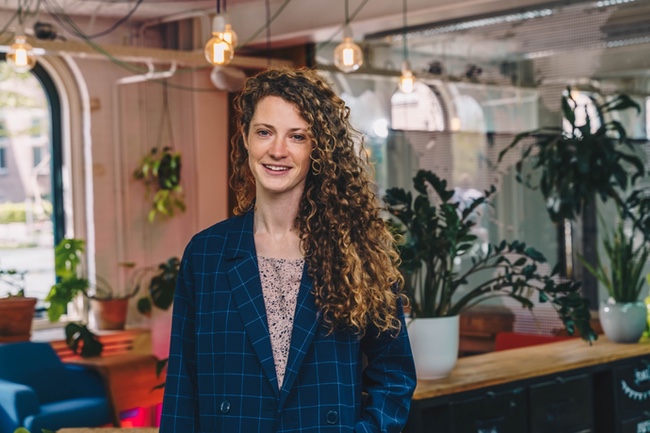Most Dutch cities have a camera car (or: ‘scan car’) driving around. This is a car with box full of cameras on its roof. Through image recognition algorithms, it reads licence plates and hands out parking fines. During an experiment set up in a fun-fair-setting, we show what else the car can do.
The Camera Car Fair / The Fair Camera Car
The camera car can do much more than just parking control. It can identify stolen cars or even track how far your car has travelled. The cameras can count cyclists, identify litter on the street or recognise sought-after criminals – all much more efficiently than a human being could do. To add these new functions to the camera car, only a software update is required. The camera car itself will look the same as before.
What does the camera car in your city see, that you can’t see? Come explore the journey its data travel, and how they are used. Which functions do you think are a good idea – and where do you think is the limit?
Research project: Human Values for Smarter Cities
The experiment is part of a research project at the Amsterdam University of Applied Sciences. The project is called Human Values for Smarter Cities and runs from 2022 to 2026.
Smart city technologies, including artificial intelligence and computer vision, promise to bring a higher quality of life and more efficient urban management to our cities. However, developers, designers, and professionals working in urban management have started to realize that implementing these technologies poses numerous ethical challenges. Policy papers from city governments and institutions now call for human and public values in tech development. But what are ‘human values’? Who defines them, and how do they translate into design features?
We explore these questions through designing digital and spatial experiments, applied to real-life use cases. Partners of the project include Amsterdam University of Applied Sciences, TU Delft, AMS Institute, ARVOO, Tapp, the City of Amsterdam, the City of The Hague and the City of Rotterdam. The experiment was produced in collaboration with The Incredible Machine.
Maker

Tessa Steenkamp is an urban interaction designer, which is a cross between an urban planner and an interaction designer. She obtained her bachelor’s degree in Industrial Design from TU Eindhoven and her master’s degree from the Architectural Association in London in 2014. Tessa is trained as an architect, but mainly watches people use buildings and apps for their interactions. After working for a while at UNSense, among others, Tessa recently founded her own agency; Bits of Space.
